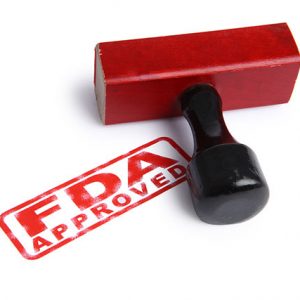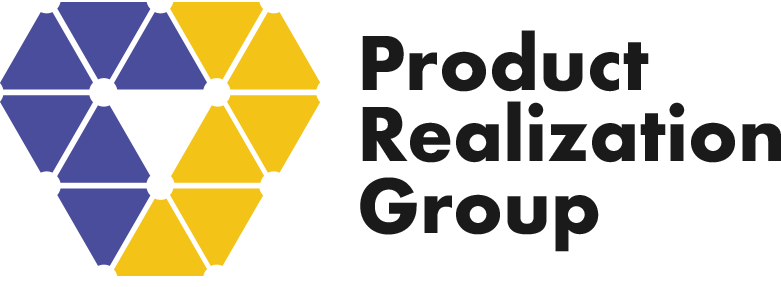You’ve probably heard that medical device development can be inherently difficult to launch for new developers. At Product Realization Group (PRG), we work with many companies interested in introducing new products to consumers and the healthcare market.
We can help you both meet regulatory standards and avoid the costly pitfalls of this process. We’ve assisted our partners in bringing many medtech devices from ideation to marketable product.
- Wearable Health Technologies
- Biomedical Testing Devices
- Blood Glucose Monitors
- Physical Therapy Devices
- Surgical Robotics
- Respiration Monitors
- Home Health Technologies
- Health Sensors
Our Knowledge Is Your Advantage
Do I need a patent? Is my idea worth it? Should I take on a partner? Should I outsource? How do I attract investors? What are the regulations? How do I comply?
The medtech market is wide open and ripe for new products. As a new developer, it can be hard to maneuver the time traps and minefields of this complex, regulated industry on your own.
We’ve been there. At PRG, we understand the special considerations that the federal regulatory framework presents to meeting medical device product development milestones. We guide our clients through feasibility, risk analysis, and thorough verification and validation processes.
We combine our expertise in new product development, product design, and bringing products to scale with a deep understanding of medical regulations to enable you. We want you to take your product ideas to market successfully.
Expert Advice For Success
We invited an experienced panel of industry professionals to the Silicon Valley Hardware Product Development Meetup. They were able to share their expert advice with entrepreneurs like you. This panel included developers, investors, and seasoned tech executives:
-
- Jennifer Ernst, CEO at Tivic Health. A 20-year tech veteran, she was new to the world of medical device development when she started working at Tivic Health.
- Jeffrey Christian, CEO of Phoenix DeVentures, has been advising, collaborating and supporting medical device developers for over 20 years.
- Howard Edelman, CEO of Advanced Resin Therapeutics and co-chair of the medical device and digital health screening committee of Life Science Angels. This angel investment group takes an interest in medical devices, diagnostics, pharmaceuticals, biotechnology, and digital health.
- Walt Maclay, President, and CEO of Voler Systems consulting electronic engineers. Voler Systems does full-service R&D consulting from concept and design to production of medical devices for human use.
Question: How does medical device development differ from other types of product development?
According to our executive panel, the predominant theme around medical hardware product engineering is regulation. Not being familiar with existing rules or the processes required to meet them is to your disadvantage.
We invite you to view the discussion.
-
- As Howard Edelman points out, regulation adds a layer of formalization to the product development process. Quality is critical throughout the process. Tracking the regulations and their changes is challenging.
- According to Walt Maclay, companies used to introduce devices in Europe before the US. CE marking regulations were easier to gain compliance with there. With recent changes to CE regulations, more and more products are now introduced in the US first.
- Jeff Christian cautions that regulations are a necessary evil to the nature of medical work. They ensure a company does not harm the end user.
The language of numbers (such as IEC 60601 for electrical design, and ISO 13485 for Quality Management Systems) in medical regulations–more so than in other fields, is part of the high learning curve Jennifer Ernst describes experiencing during her transition to an FDA regulated product.
From Waiting On The FDA To Launch Day

FDA regulations and culture can mean more drawn out medical product development timelines. For example, a three month response times is not unusual for getting a response back from the FDA. Knowing and being able to comply with these types of regulating bodies puts you at an advantage when gearing up for a product launch.
Waterfall Development For Medical Devices
Interestingly, highly regulated environments like healthcare tend to lend themselves to a traditional waterfall development style. This “distinct stage” process is in contrast to the agile development style you may have used in previous tech ventures.
Experience means knowing what stages and phases your hardware needs to go through and what types of development are more useful to the big picture and bottom line.
Gain The Upper Hand. Choose PRG.
Having knowledge and experience on your team can not only save you money but also time to market. At Product Realization Group, we look forward to being your partners in success. Contact us today. We can’t wait to see how our experience and professionalism as a medical device product development company can help you.


